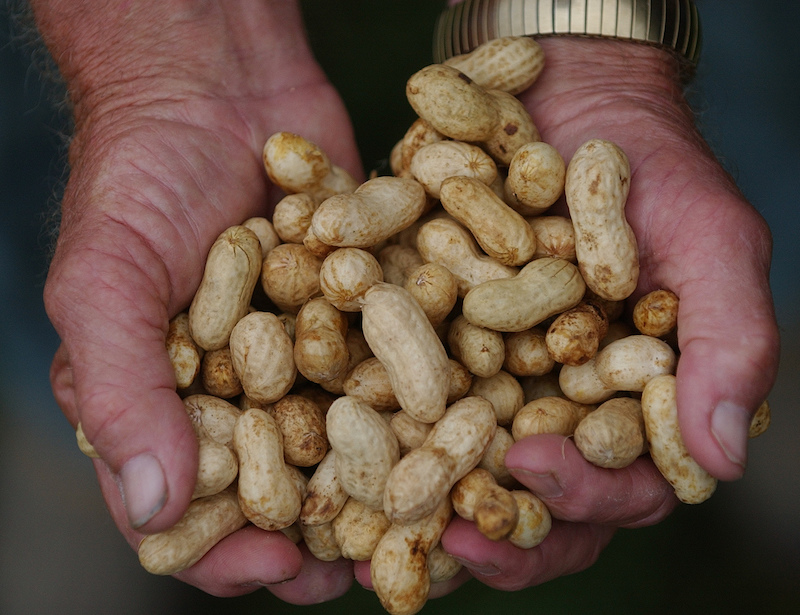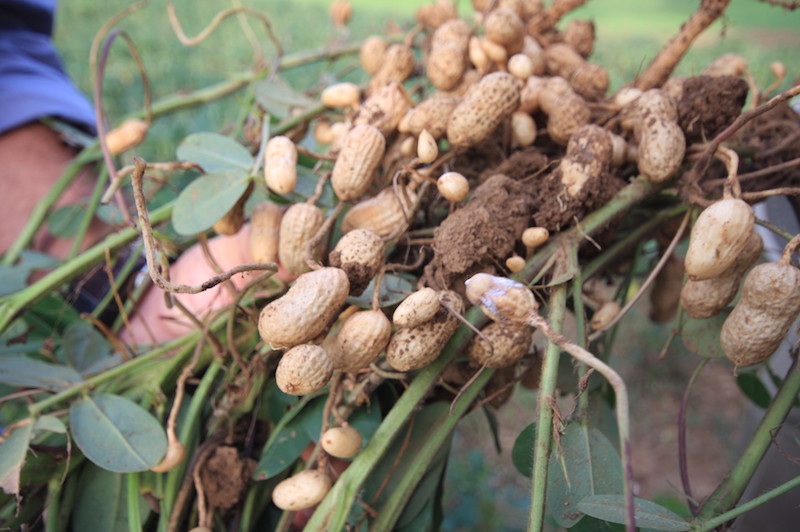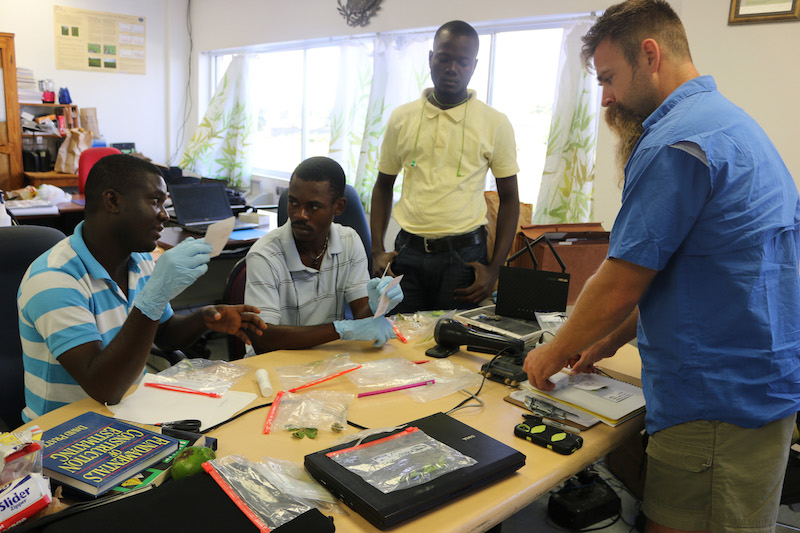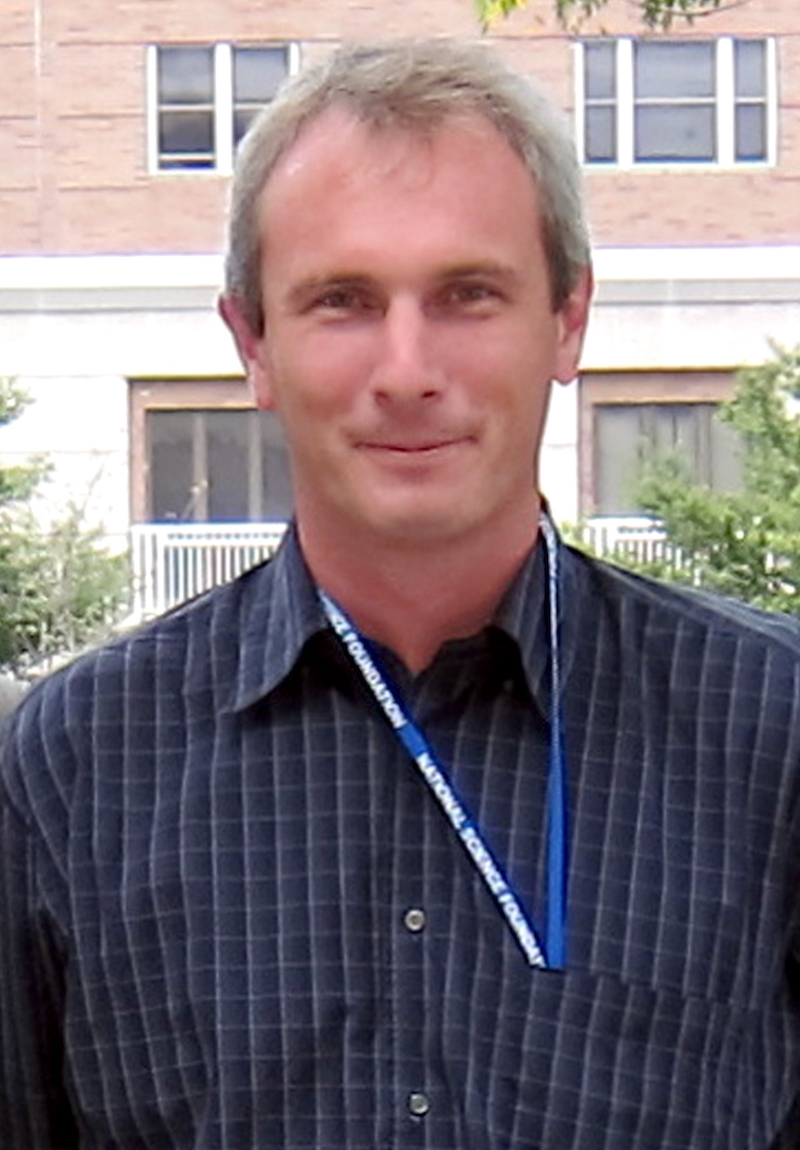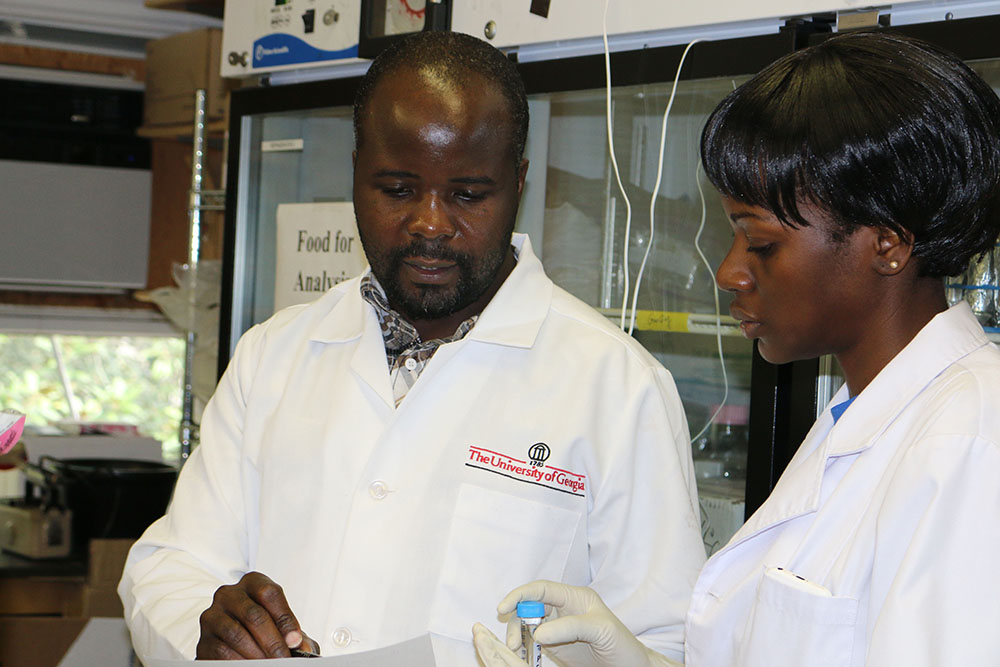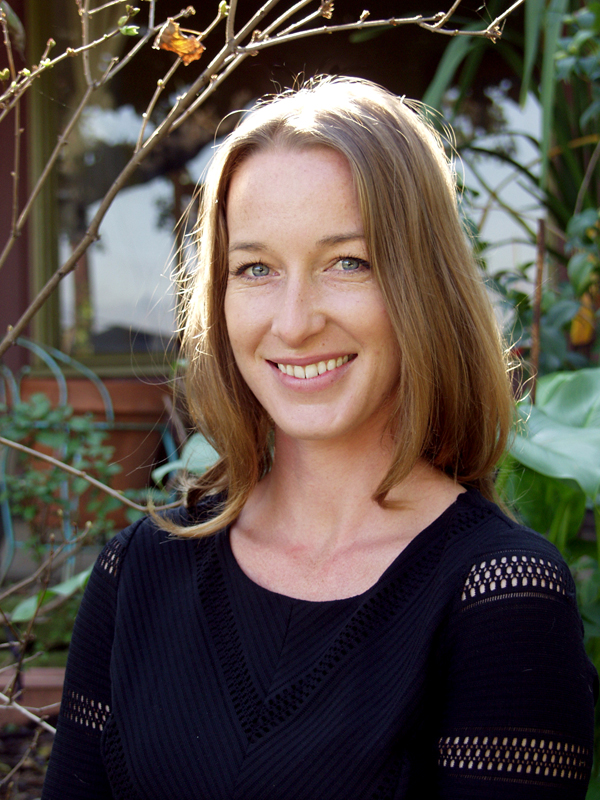 CAES News
CAES News
Gender Specialist
Jessica Marter-Kenyon has joined the Peanut Innovation Lab management team as an advisor on gender-related issues. As a postdoctoral research associate with the innovation lab, Marter-Kenyon holds a joint appointment with the Department of Agricultural Leadership, Education and Communication at the University of Georgia’s College of Agricultural and Environmental Sciences.

